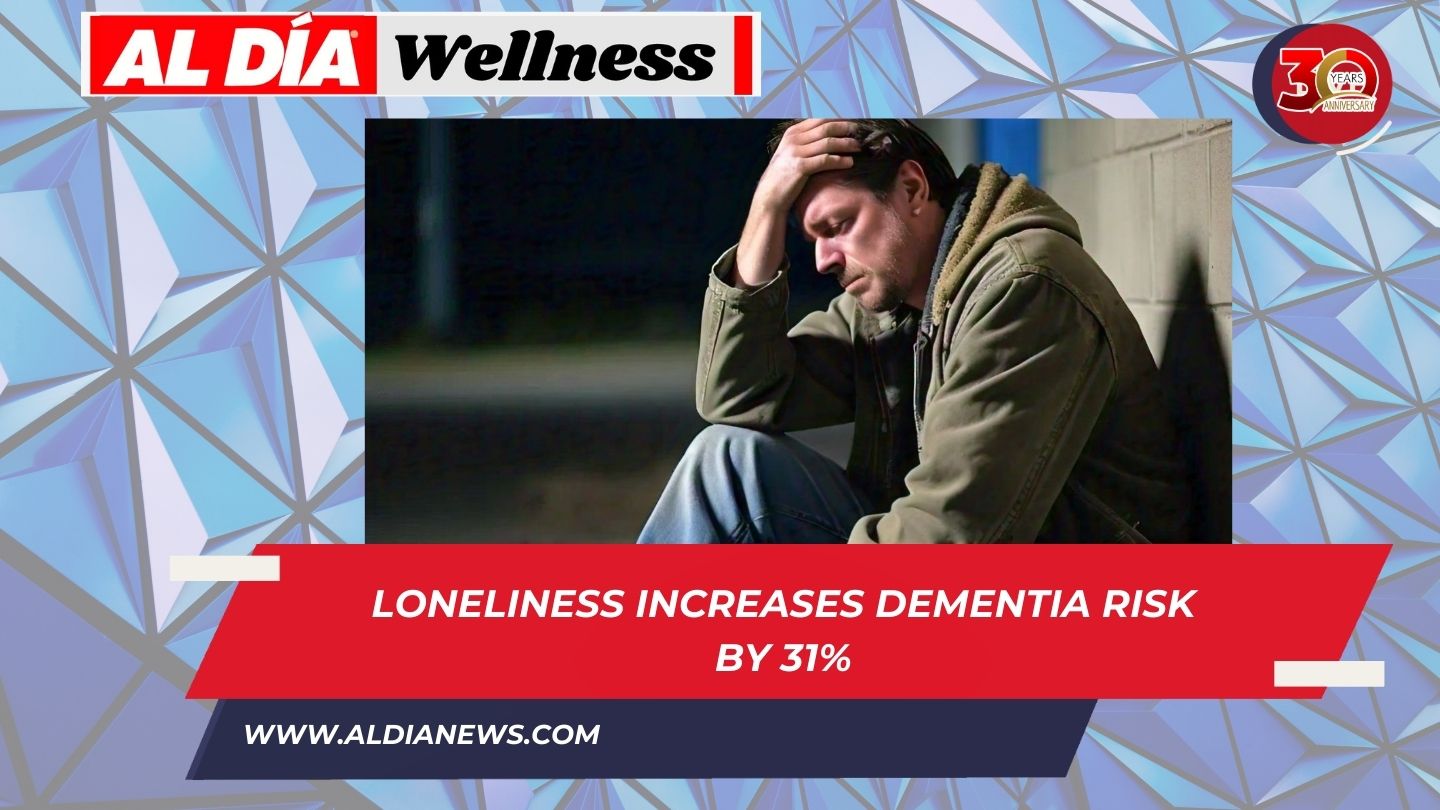
Loneliness Increases Dementia Risk by 31%
A study involving over 600,000 people found that loneliness increases the risk of developing dementia by 31%
A study involving over 600,000 people found that loneliness increases the risk of developing dementia by 31%, with dependence on others identified as a contributing factor. This extensive research, led by a team from Florida State University and published in Nature Mental Health, highlights how loneliness not only impacts emotional well-being but also long-term cognitive and brain health.
The study consisted of a meta-analysis of 21 longitudinal investigations, allowing researchers to observe that loneliness influences the development of various types of dementia, including Alzheimer’s and vascular dementia. This association held even when controlling for factors like depression and social isolation. Researchers emphasize that loneliness should be seen as a modifiable risk factor, suggesting that social interventions could mitigate this risk.
This study also addresses growing concerns from the World Health Organization and U.S. health officials, who have declared loneliness a public health crisis, especially worsened by the social distancing of the pandemic. Results suggest the need to foster social connections to protect cognitive health in old age and prevent mental decline associated with loneliness.











LEAVE A COMMENT:
Join the discussion! Leave a comment.